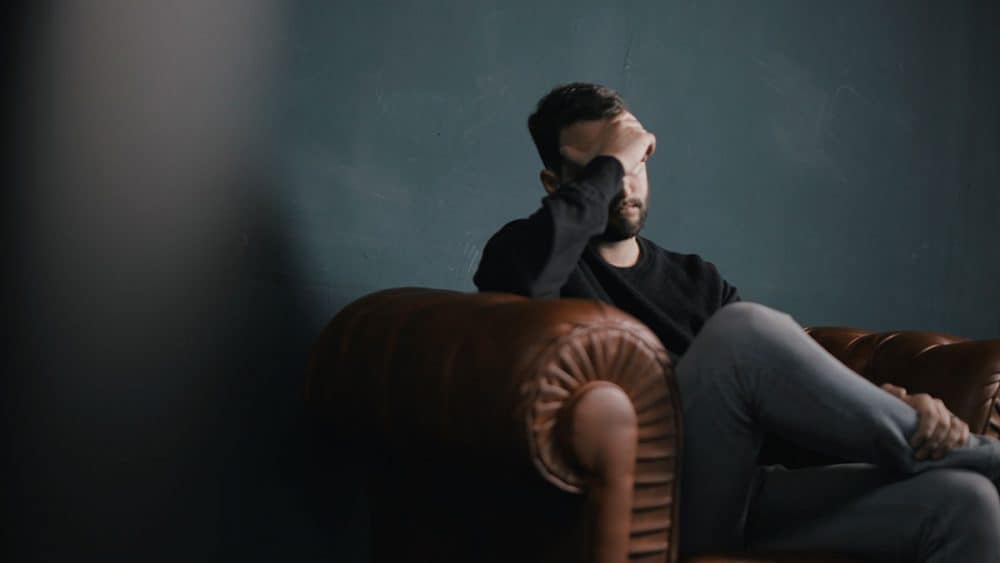There is much written about the menopause but when it comes to growing older men are very much left to work it out for themselves.
Unlike the female menopause which has biological surety – women reach a “certain age” their ovaries stop releasing an egg every month which puts the kybosh on menstruation – there is no one fixed biological movement to indicate when or if a man experiences the male equivalent.
Increasing evidence suggests that men, like women, do reach a “certain age” and may go through a type of menopause – Manopause – which is intrinsically linked to the male hormone testosterone.
So, what is Testosterone?
In men, testosterone is produced primarily in the testicles and helps support and maintain a number of functions, including the production of sperm; a man’s appearance and sexual development. It also impacts muscle strength and mass.
From the age of 30, testosterone in men declines around two per cent per year. This reaches a peak between the ages of 40 and 65, with the declining testosterone resulting in a plethora of symptoms that come together in the Manopause.
Signs to look out for
- Low sex drive
If you’ve gone off the idea of sex it may be a result of low testosterone. The T hormone plays a vital role in libido in men. Men with low T experience a drastic drop in their desire to have sex, with nothing seemingly able to shake or stir them. - Erectile dysfunction
As well as triggering a man’s sex drive, testosterone aids in achieving and maintaining an erection. Testosterone alone doesn’t cause an erection, but it stimulates receptors in the brain to produce the molecule that does. When testosterone levels are low, a man may have difficulty achieving and/or maintaining an erection prior to or during sex. - Low semen volume
Once upon a time you may have produced oceans of the stuff, now you’re lucky if you get a drip. Semen, the milky fluid that helps in the motility of sperm, is primarily produced by testosterone. Men with low T will experience a decrease in the volume of their semen during ejaculation. - Hair loss
Hair thinning and loss is a natural part of the ageing process. However, men with low testosterone are more likely to experience balding along with a decrease in body and facial hair. - Fatigue
Always feeling tired, lacking motivation? Many men with low T can experience extreme levels of fatigue and a massive dip in energy levels. Even with plenty of sleep they still find it a struggle to get out of bed and get motivated. - Loss of muscle mass
No matter how hard you train at the gym you still don’t seem to the great results you once did. Testosterone helps to build and maintain muscle. When men begin to lose testosterone, they may notice a decrease in their muscle mass although their strength may not necessarily be affected. - Increase in body fat
Where did they appear from? Men with low testosterone may see a rise in body fat especially in the area around the breast. Moobs – male boobs – can form during the manopause as a result of the imbalance between testosterone and oestrogen. - Mood changes
So, you don’t know whether you’re going to be Dr Jekyll or Mr Hyde today. Testosterone can influence mood and mental capacity. Men with low T may experience mood swings and are more likely to face depression, irritability, or a lack of focus.
If you think you may be suffering from low testosterone, you may be a suitable candidate for Testosterone Replacement Therapy. Speak with you GP about your options.







Comments are closed.